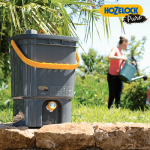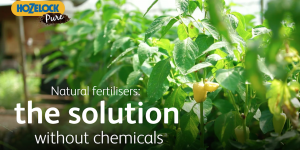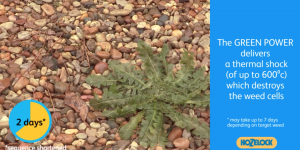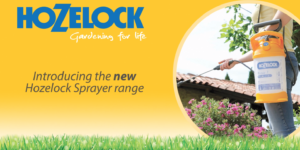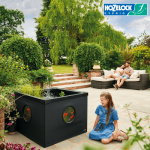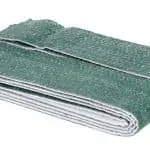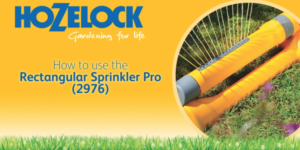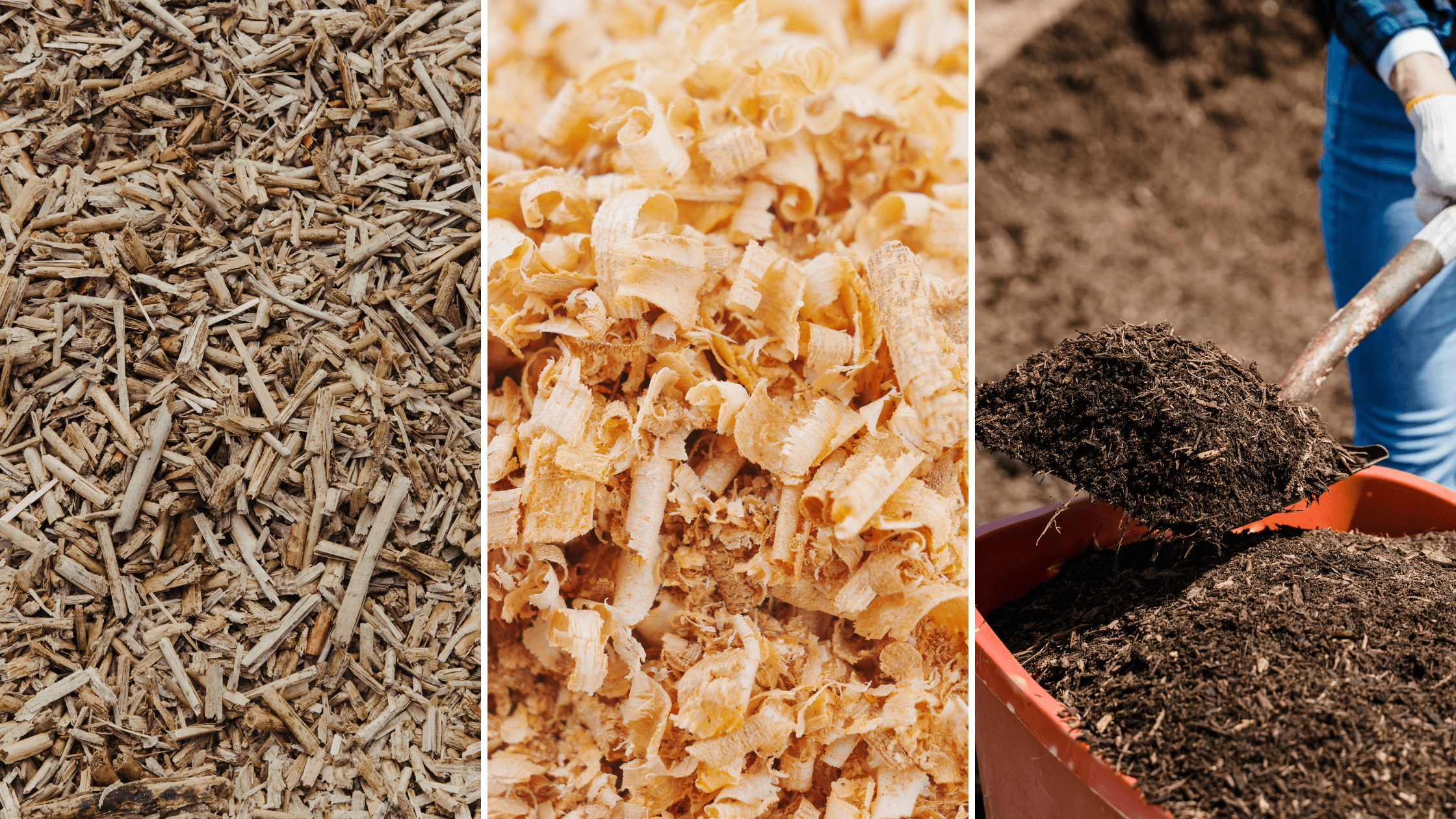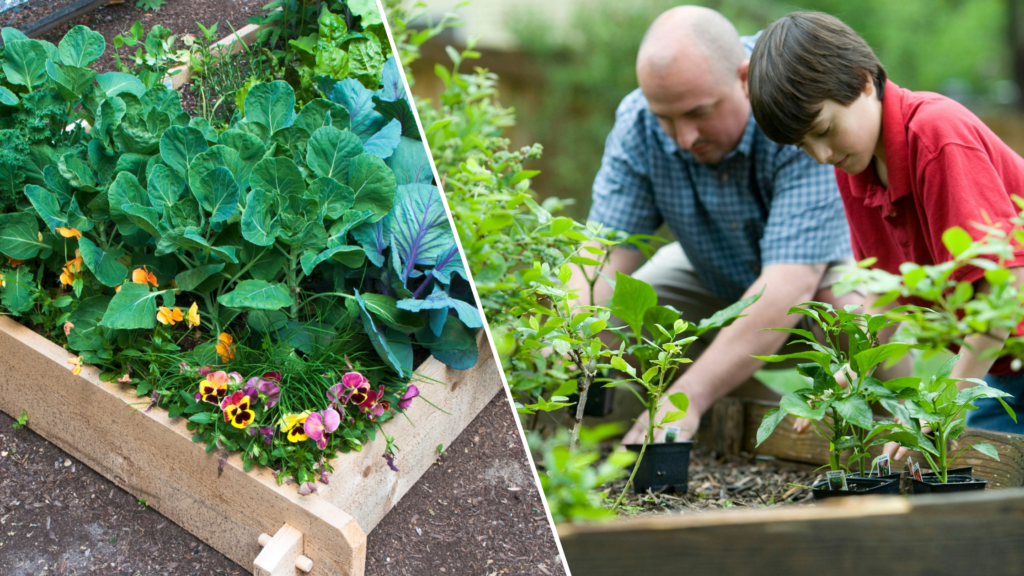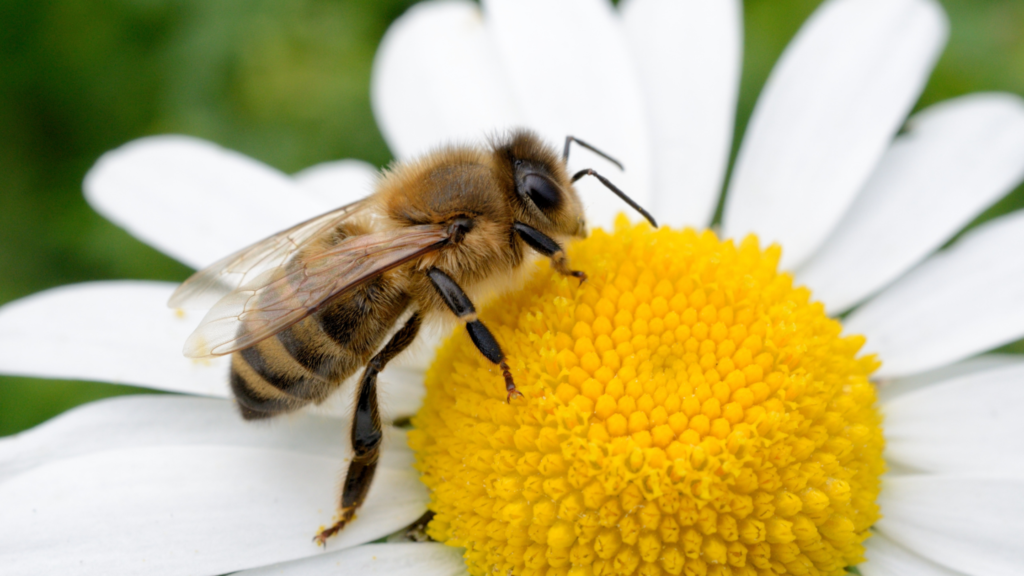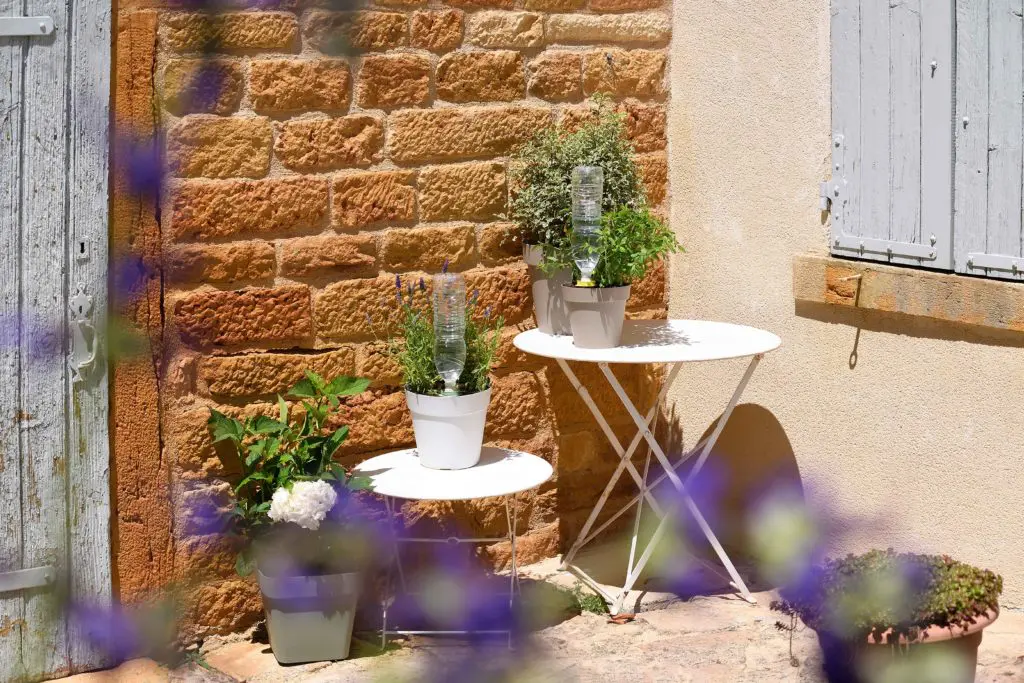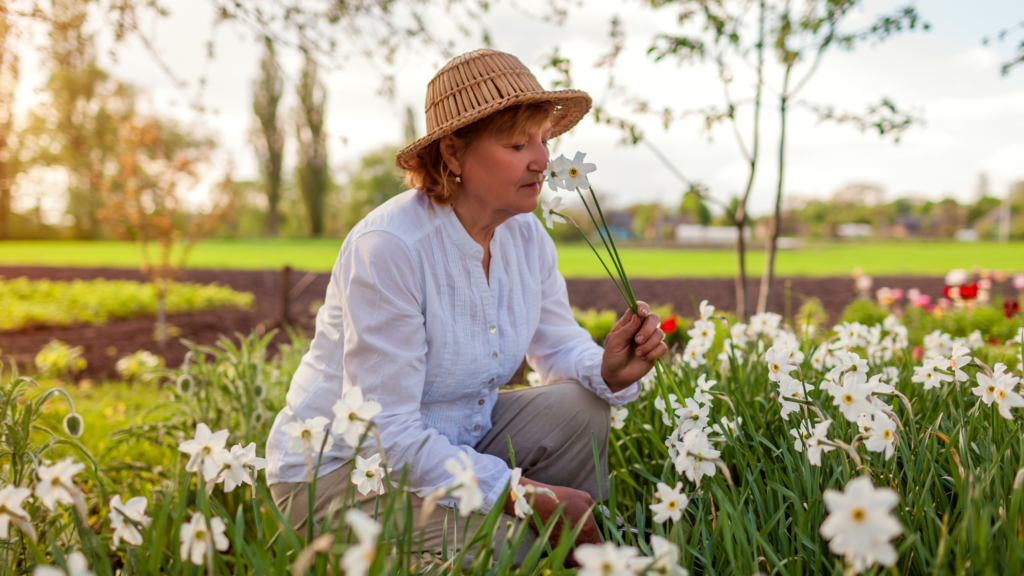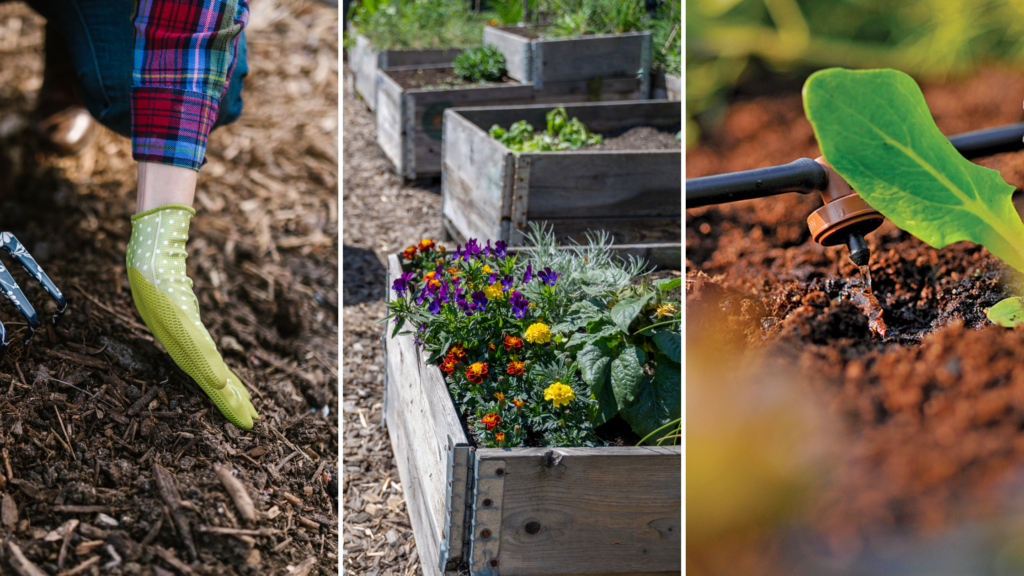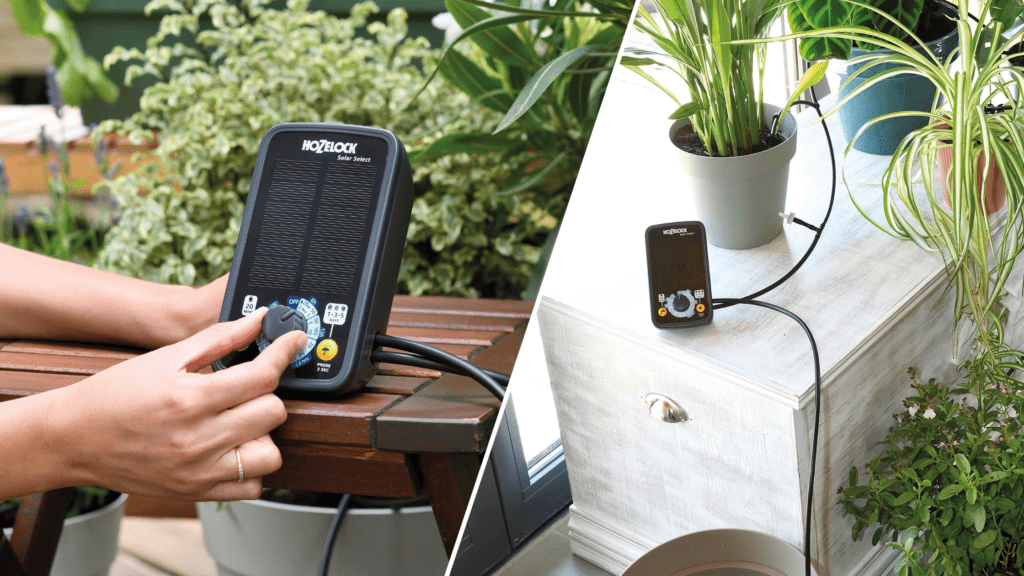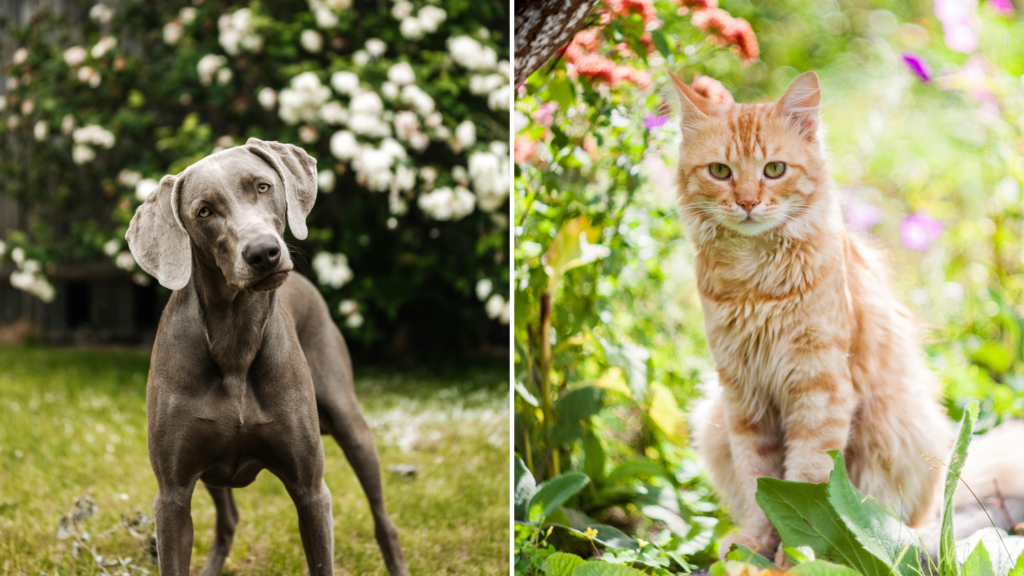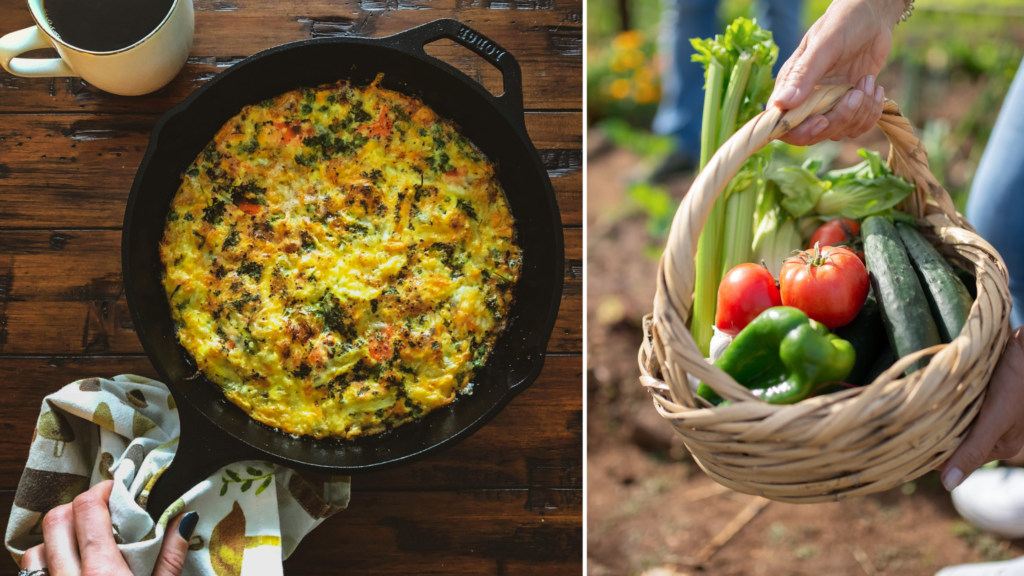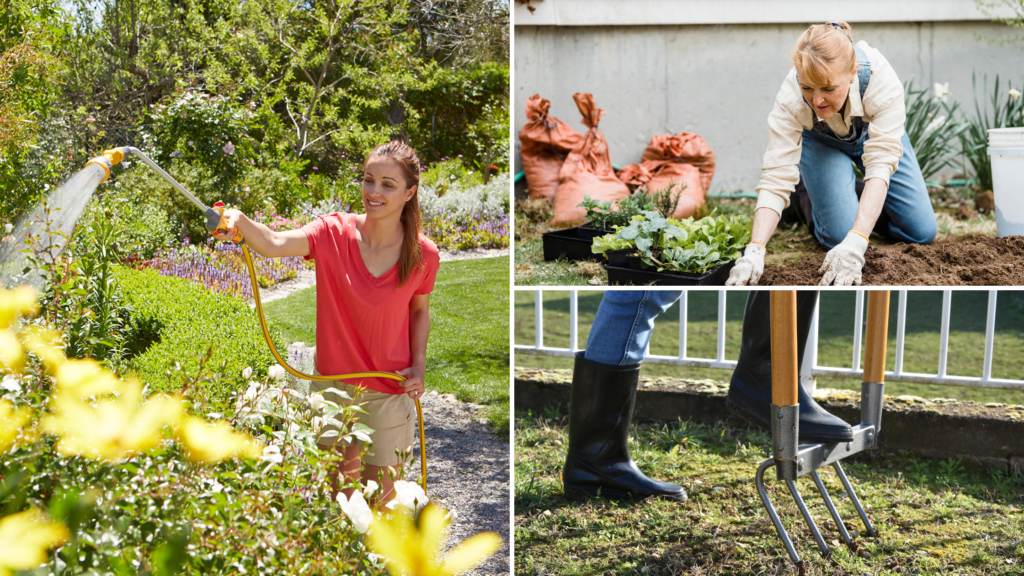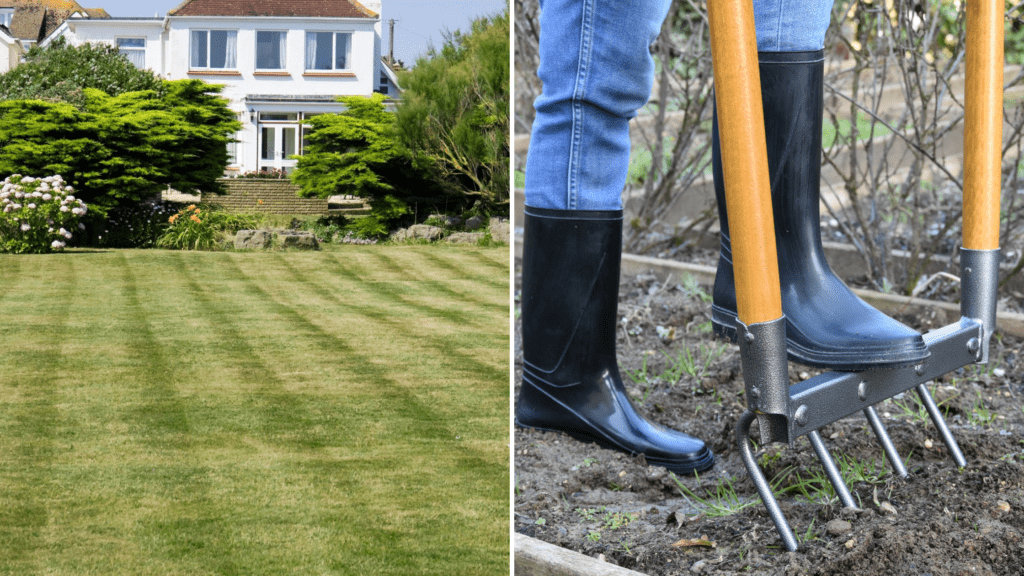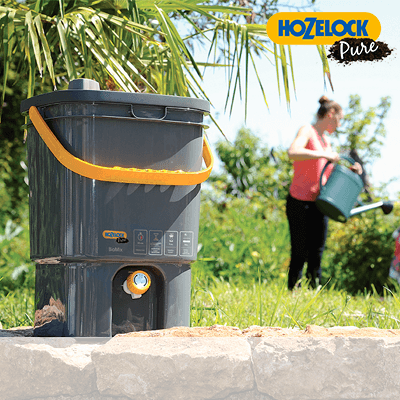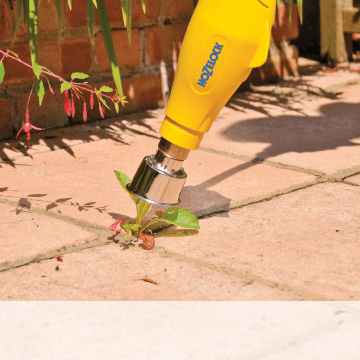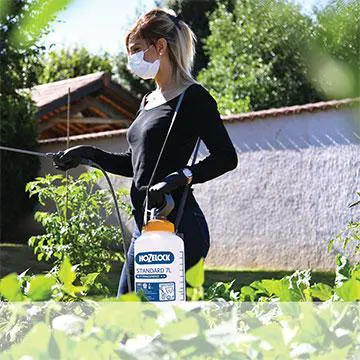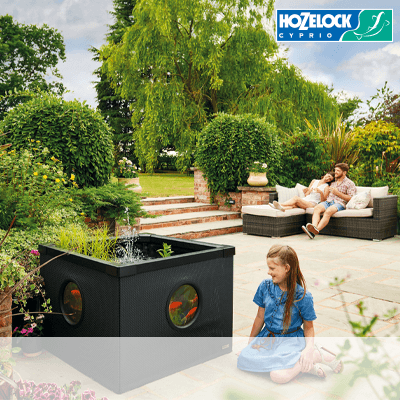Mulching is one of the simplest yet most effective ways to improve your garden’s health while promoting sustainability. But what exactly is mulch, and how can you use it to benefit your plants and the environment?
Let’s dive into the world of mulching and explore the best sustainable methods for your garden.
What is Mulch?
Mulch is any material that covers the soil’s surface, helping to retain moisture, suppress weeds, regulate temperature, and improve soil health. It can be organic, such as bark or compost, or inorganic, like gravel or landscape fabric.
Choosing the right mulch can make all the difference in maintaining a thriving garden.
Organic and Inorganic Mulch
Mulch falls into two main categories: organic and inorganic.
- Organic mulches break down over time, enriching the soil with nutrients.
- Inorganic mulches, such as stones or rubber, do not decompose but provide long-term weed control and decorative appeal.
Using organic mulch is a great way to repurpose garden and household waste. Instead of sending grass clippings, leaves, and food scraps to landfill, you can return them to the earth to nourish your garden.
This sustainable approach minimises waste and improves soil health naturally.
Types of Organic Mulch
If you’re looking for sustainable mulching options, organic materials are the best choice. Here are some popular types:
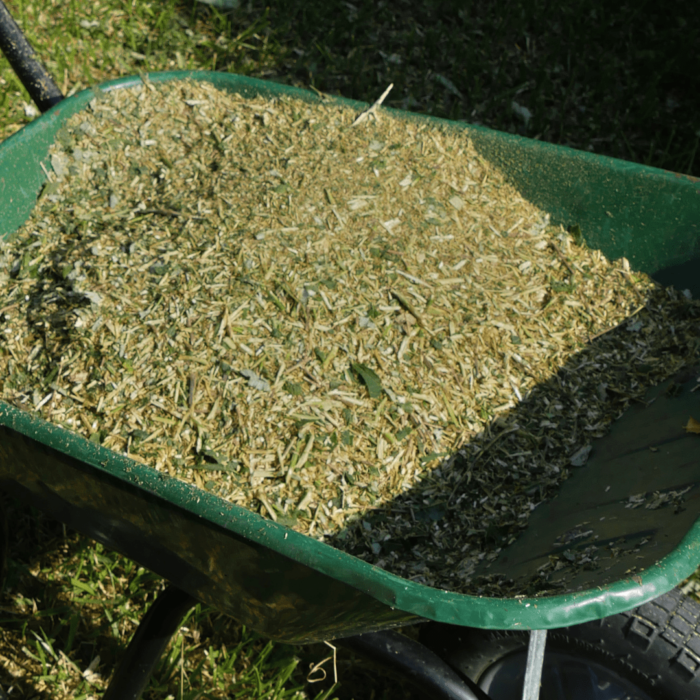
Lawn Clippings/Grass Clippings
A free and readily available mulch, grass clippings can be spread thinly around plants to suppress weeds and add nitrogen to the soil. Be sure to use untreated clippings to avoid introducing chemicals into your garden.
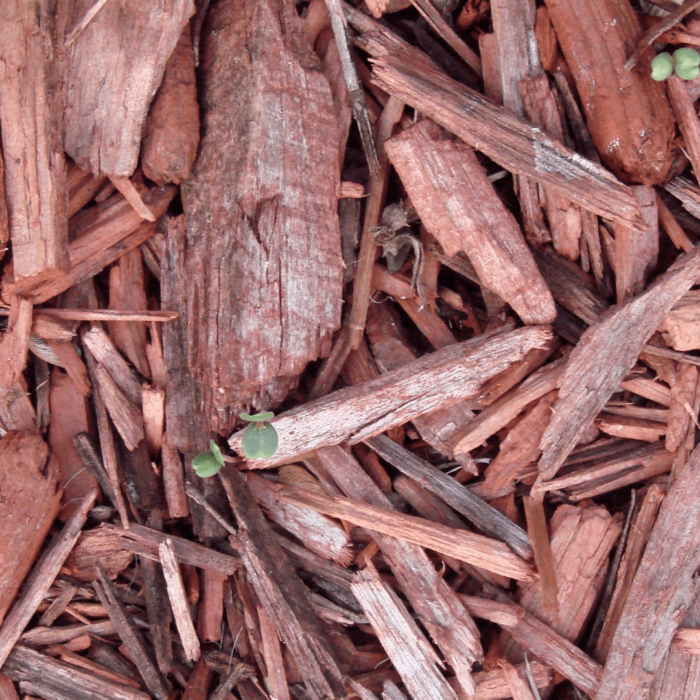
Bark
Bark mulch is long-lasting and helps prevent soil erosion. It’s best suited for pathways, flower beds, and around trees.
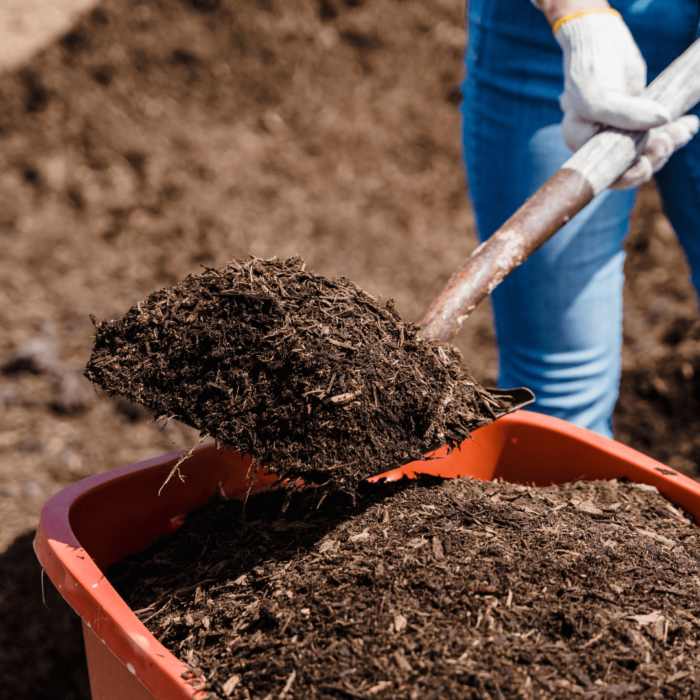
Compost
Rich in nutrients, compost is a fantastic mulch that boosts soil fertility while improving structure and moisture retention.
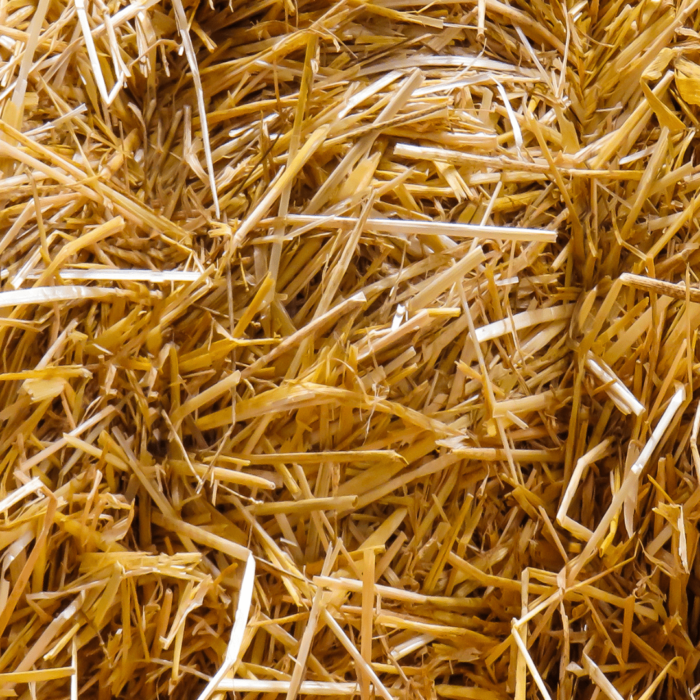
Straw/Hay
Excellent for vegetable gardens, straw and hay provide insulation, retain moisture, and decompose into nutrient-rich compost. However, ensure that the hay is weed-free to avoid unwanted growth.
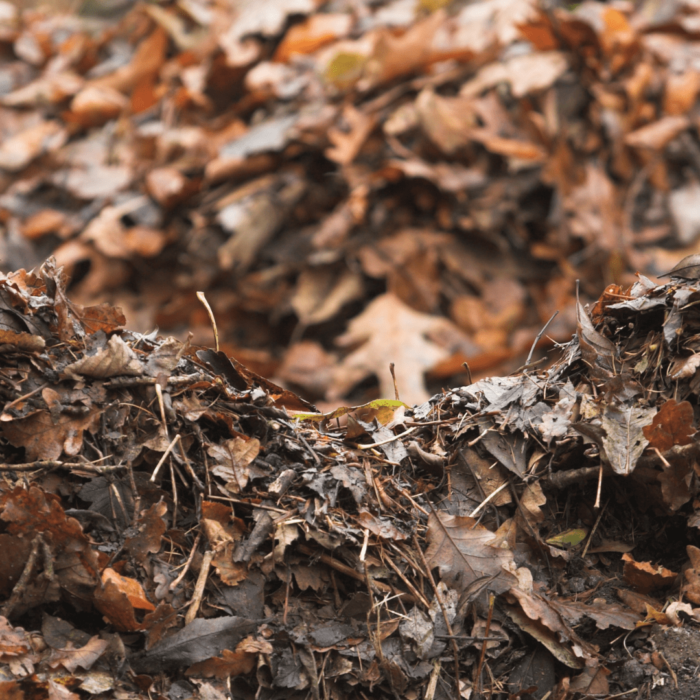
Leaves/Leaf Mulch
Shredded leaves make a fantastic, free mulch that improves soil structure as they break down. They are excellent for flower beds and vegetable gardens.
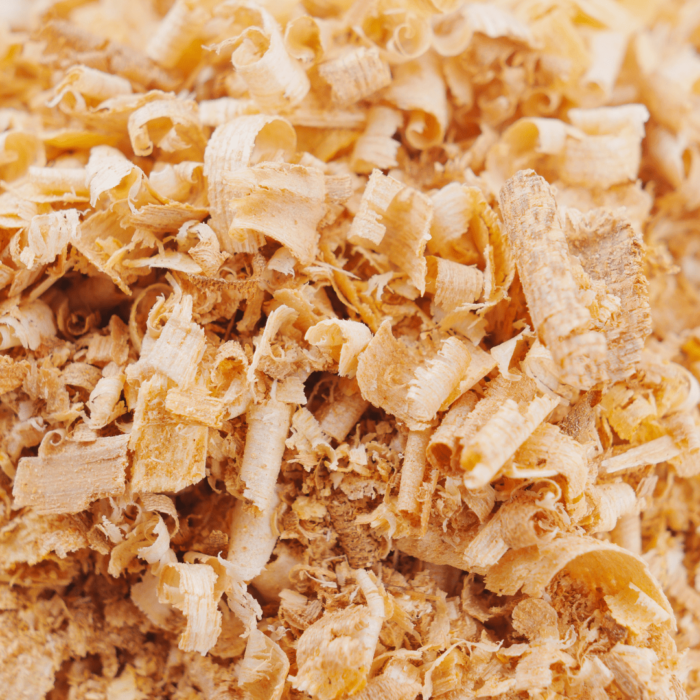
Sawdust
Sawdust is best used in moderation, as it can deplete nitrogen from the soil. It works well around acid-loving plants like blueberries.
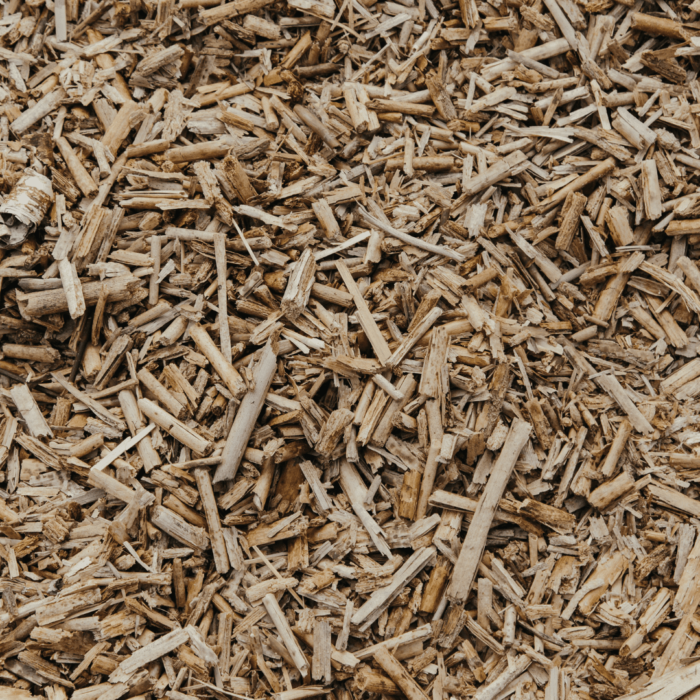
Wood Chips
Similar to bark, wood chips are ideal for landscaping and tree bases. They take longer to decompose and provide a visually appealing finish to garden beds.
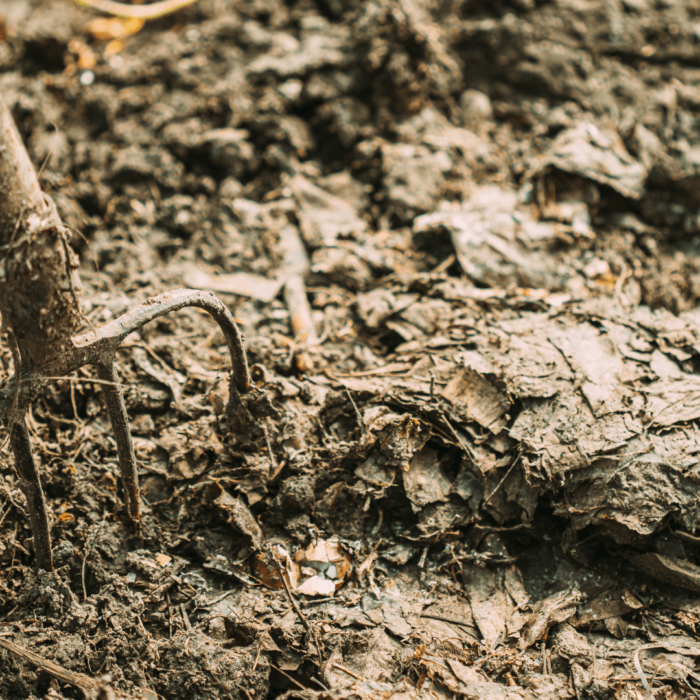
Rotted Manure
Well-aged manure is a nutrient powerhouse that enhances soil fertility. Avoid using fresh manure, as it can burn plant roots and introduce harmful bacteria.
Pros and Cons of Mulching
Pros
- Moisture Retention: Mulch helps the soil retain moisture by reducing evaporation, meaning you’ll water your plants less frequently.
- Weed Suppression: It acts as a barrier, preventing sunlight from reaching weed seeds, which reduces weed growth.
- Temperature Regulation: Keeps soil cooler in the summer and warmer in the winter, creating a stable environment for plant roots.
- Soil Improvement: Organic mulches (e.g., wood chips, straw, or compost) decompose over time, adding nutrients and improving soil structure.
- Erosion Control: Mulch prevents soil erosion by reducing the impact of rainfall and wind on the soil.
- Aesthetic Appeal: A layer of mulch can give a garden a clean and polished look, complementing the overall design.
- Prevention of Soil-Borne Diseases: Reduces the chances of disease by minimising soil splash onto plants during watering or rain.
- Reduced Maintenance: Less time spent weeding, watering, and fighting soil erosion makes it a time-saver in the long run.
Cons
- Cost: High-quality or decorative mulch can be expensive, especially for large areas.
- Over-Mulching: Excessive mulch (more than 2–3 inches thick) can suffocate plant roots, retain too much moisture, or block oxygen flow to the soil.
- Pest Attraction: Some mulches, like wood chips, can attract pests such as termites, slugs, or ants if not properly maintained.
- Labour-Intensive: Applying and replenishing mulch can be physically demanding, especially in larger gardens.
- Nitrogen Deficiency: As organic mulches decompose, they may temporarily deplete nitrogen from the soil, affecting plant health unless balanced with fertiliser.
- Potential for Disease Spread: Poor-quality or infected mulch can introduce diseases, especially if sourced from untrustworthy suppliers.
- Water-logging Risk: In areas with heavy rainfall, mulch can trap excessive moisture, leading to root rot or fungal growth.
- Aesthetic Degradation: Organic mulch can fade, decompose, or develop mould over time, requiring frequent replacement to maintain its appearance.
What to NEVER Add to Compost
While composting is a fantastic way to create natural mulch, some materials should never be added, including:
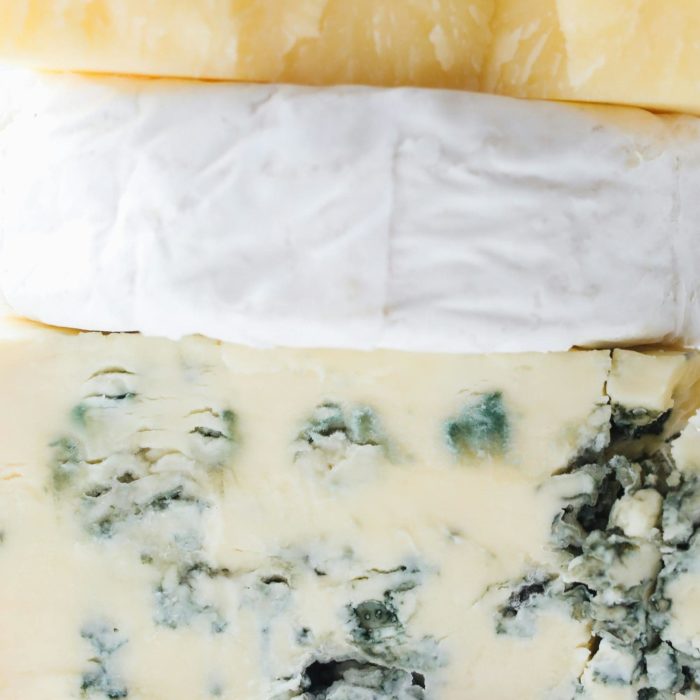
Meat and Dairy Products
(These attract pests and create odours.)
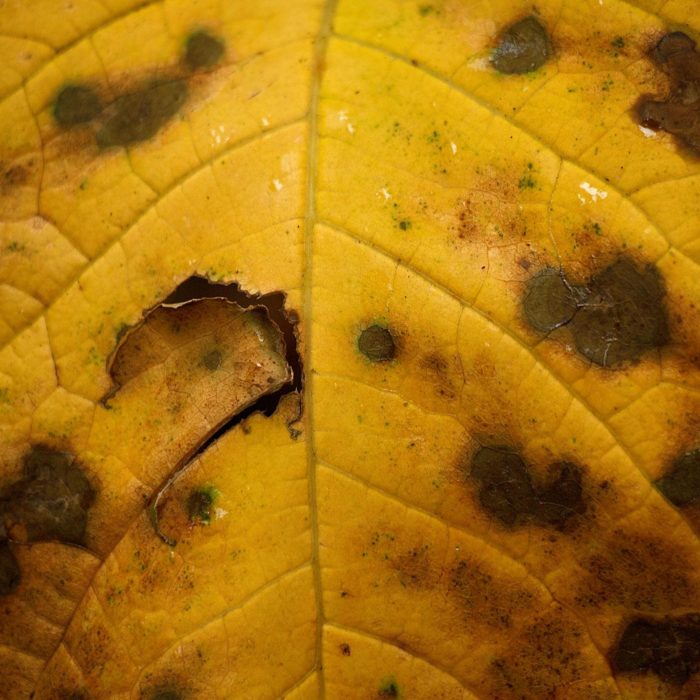
Diseased Plants
(They may spread diseases to your compost and garden.)
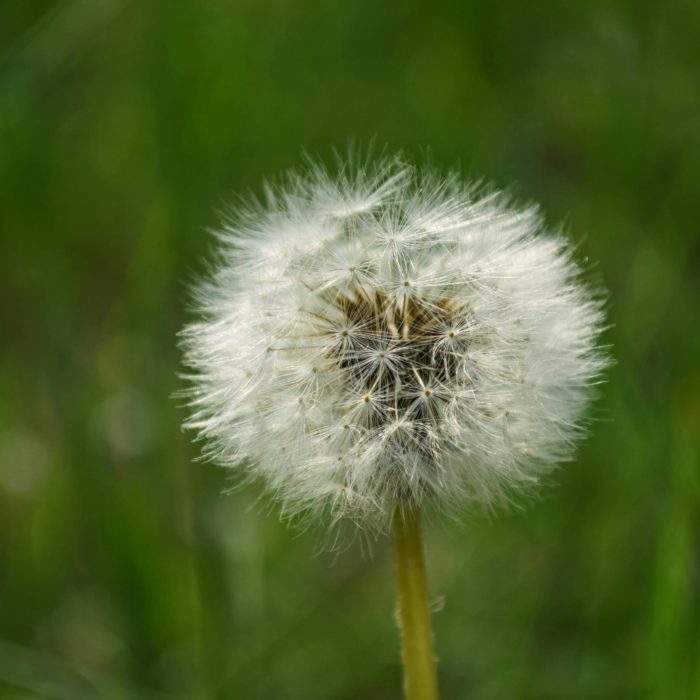
Weeds with Seeds
(Can sprout when compost is used.)

Pet Waste
(Contains harmful bacteria.)

Oily or Greasy Foods
(These break down slowly and attract rodents.)
Mulching is a simple and sustainable way to enhance your garden’s health while reducing waste.
By choosing the right organic mulch, you can create a thriving, low-maintenance, and eco-friendly garden.
Whether you use grass clippings, compost, or leaf mulch, your plants—and the planet—will thank you!
To see Hozelock’s range of composters that will help you start your mulching journey, click here!




